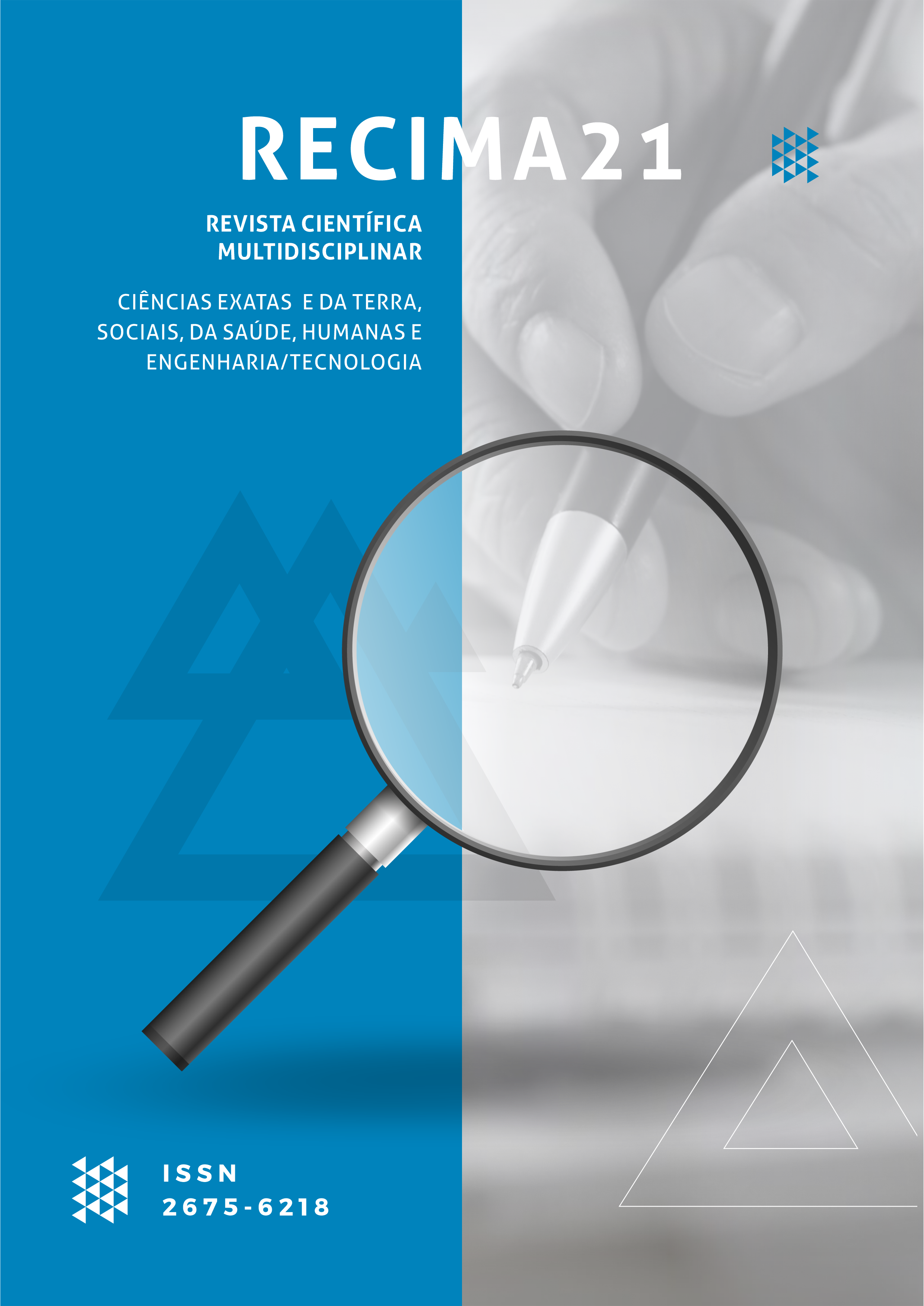DEVELOPMENT OF CHATBOT TO FETCH STUDENTS' ACADEMIC INFORMATION
DOI:
https://doi.org/10.47820/recima21.v3i12.2364Keywords:
Chatbot, Educational Institution, Student, Telegram, PythonAbstract
A chatbot is a computer program that interacts with users through language. Processing words, texts, and commands. In the academic sphere, the ecosystem for consulting student information between teaching centers is quite similar, they provide portals where students can consult academic data, such as school reports, registered subjects, and useful telephone numbers. The purpose of this article is to develop a rules-based chatbot to assist students in querying this information. The software was developed using Database, API, Python programming language, Visual Studio Code, and the Telegram messaging application. Among the conclusions, the advantage of providing a new portal using chatbot to consult student information is pointed out, being a platform of easy and quick access, bringing updated information to each line of text typed.
Downloads
References
FASTAPI. FastAPI docs. 2022. Disponível em: https://fastapi.tiangolo.com/pt/. Acesso em: 26 de maio de 2022.
KHAN, Rashid; DAS, Anik. Build Better Chatbots: A Complete Guide to Getting Started with Chatbots. Bangalore: Apress, 2018. p. 9.
KREIBICH, Jay A. Using SQLite. O’Reilly Media, Inc, ago. 2010. Disponível em: https://www.oreilly.com/library/view/using-sqlite/9781449394592/. Acesso em 16 de novembro de 2022.
PAIVA, Fernando. Mensageria no Brasil Fevereiro de 2022. Mobile time. p. 4-5, fev. 2022. Disponível em: https://www.mobiletime.com.br/pesquisas/mensageria-no-brasil-fevereiro-de-2022/. Acesso em: 10 de abril de 2022.
PAIVA, Fernando. Mapa do Ecossistema Brasileiro de Bots 2021. Mobile Time. p. 3-5, ago. 2021. Disponível em: https://www.mobiletime.com.br/pesquisas/mapa-do-ecossistema-brasileiro-de-bots-2021/. Acesso em: 01 de maio de 2022.
RUBABE, Sabanova. ORM for Python. Medium, out. 2020. Disponível em: https://medium.com/pragmatech/orm-for-python-b63cfbc39e7f. Acesso em 16 de novembro de 2022.
SOUZA, LS d; MORAES, Silvia Maria Wanderley. Construção automática de uma base AIML para chatbot: um estudo baseado na extração de informações a partir de FAQs. Anais do XII ENIAC, p. 137-141, 2015.
SCHLICHT, Matt. The Complete Beginner’s Guide to Chatbots: Everything you need to know. 2016. Disponível em: https://chatbotsmagazine.com/the-complete-beginner-s-guide-to-chatbots-8280b7b906ca. Acesso em: 12 de abril de 2022.
SHAWAR, B. A.; ATWELL, E. (2007). Chatbots: are they really use-ful? Journal for Language Technology and Computational Linguistics, 22:29–49. Disponível em: http://jlcl.org/content/5-allissues/19-Heft1-2007/Bayan_Abu-Shawar_and_Eric_Atwell.pdf.
SWAGGER, OpenAPI Specification. 2022. Disponível em: https://swagger.io/specification/. Acesso em 10 de outubro de 2022.
SQLite. About SQLite. 2022. Disponível em https://www.sqlite.org/about.html. Acesso em 11 de outubro de 2022.
SQLModel, SQLModel. 2022. Disponível em https://sqlmodel.tiangolo.com. Acesso em 14 de outubro de 2022.
TELEGRAM. Telegram FAQ. 2022. Disponível em: https://telegram.org/faq. Acesso em: 15 de maio de 2022.
TURING, A. M. Maquinário computacional e inteligência. In: L. Bonjour; A. Baker (Org.) Filosofia: textos fundamentais comentados. São Paulo: Artmed, 2010. p. 227-231.
WEIZENBAUM, Joseph; ELIZA, Mdash. a Computer Program for the Study of Natural Language Communication Between Man and Machine. Commun ACM, New York, v. 9, n. 1, p. 36–45, Jan. 1966. Disponível em: http://doi.acm.org/10.1145/365153.365168.
ZEMČÍK, Tomáš. A Brief History of Chatbots. DEStech Transactions on Computer Science and Engineering. 2019. Disponível em: https://www.researchgate.net/publication/336734161_A_Brief_History_of_Chatbots.
Downloads
Published
Issue
Section
Categories
License
Copyright (c) 2022 RECIMA21 - Revista Científica Multidisciplinar - ISSN 2675-6218

This work is licensed under a Creative Commons Attribution 4.0 International License.
Os direitos autorais dos artigos/resenhas/TCCs publicados pertecem à revista RECIMA21, e seguem o padrão Creative Commons (CC BY 4.0), permitindo a cópia ou reprodução, desde que cite a fonte e respeite os direitos dos autores e contenham menção aos mesmos nos créditos. Toda e qualquer obra publicada na revista, seu conteúdo é de responsabilidade dos autores, cabendo a RECIMA21 apenas ser o veículo de divulgação, seguindo os padrões nacionais e internacionais de publicação.













